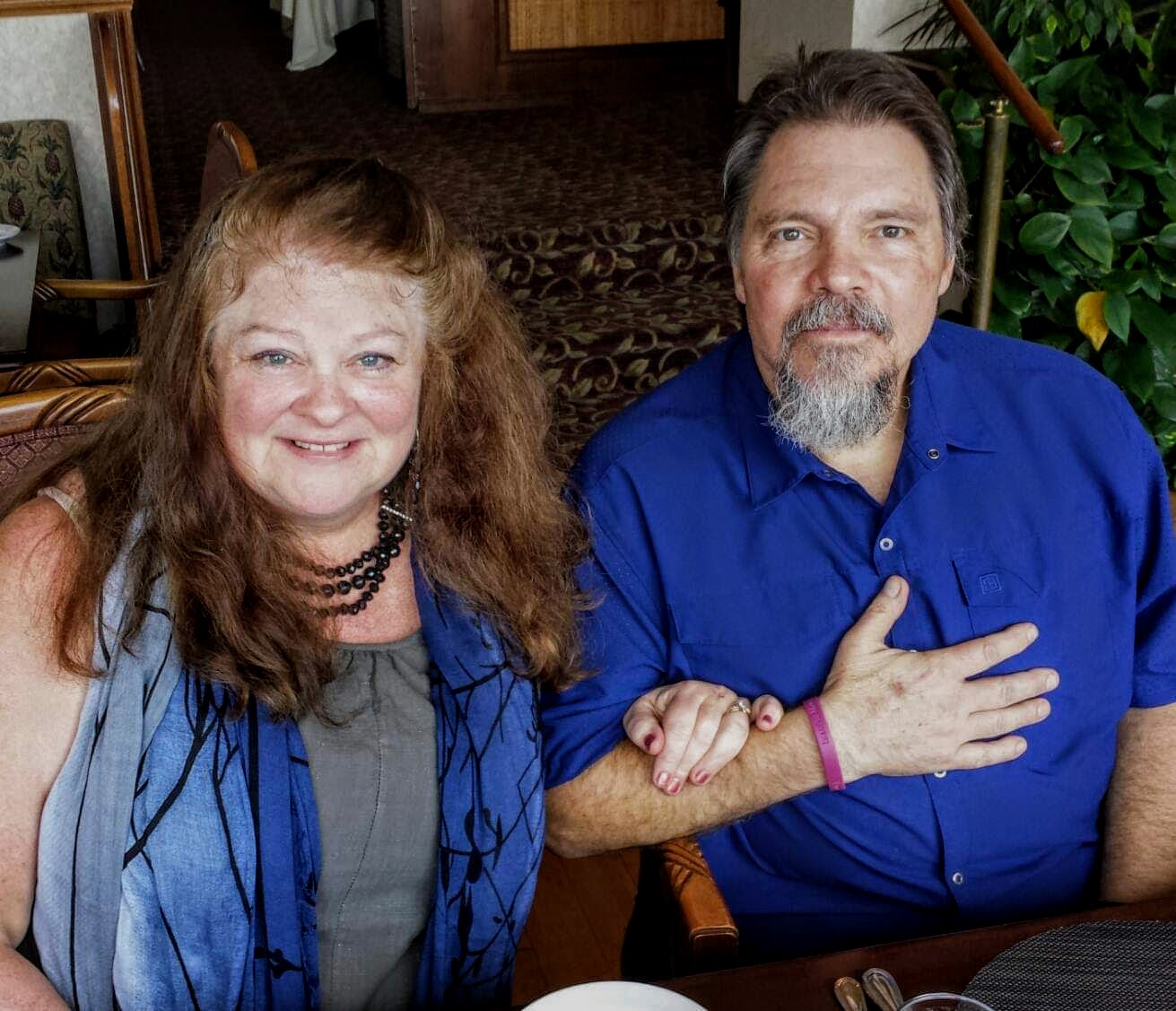Why Did God Make Jellyfish?
- Jenny Dunaway

- Feb 3, 2022
- 4 min read
About two-thirds of the oxygen in our atmosphere is produced in the surface waters of the sea by phytoplankton, the minute forms of algae that give the sea its slightly green hue, and which initiate the entire food web of the ocean.
Jacques-Yves Cousteau
(This is another chapter in the children's book I'm writing about the adventures of our canoe in the Chesapeake Bay.)
Mom is a Future Problem Solving coach at school, one of her many responsibilities. However, this particular part of her job seems to be more of a calling than a duty. She says she teaches children how to think-- not what to think. I've witnessed her do this with the boys on many occasions. Apparently, it helps in the problem solving process and allows people to resolve issues in innovative and unexpected ways.
It was a hot, humid July afternoon. All the boys wanted to do was to jump in the water and cool off but the multitude of jellyfish in Oyster Creek made that an unpleasant option.

"Why did God even make jellyfish, Mom?" Jake asked, frustrated.
Mom thought for a second and answered him with a question, "Okay, how would our world be different right now if there were no jellyfish in the river?"
"We could go swimming and not get stung!" Zach quickly replied.
"I hate jellyfish." Seth Miles added.
"True, that would be so nice, wouldn't it? But how else would things be different if there were no jellyfish? What do they eat?"
"Plankton." Zach and Seth chimed in unison.
Jake was scooping up a jellyfish with the crab net. "Then there would be more plankton because the jellyfish wouldn't be eating them. "
"Yes, but you're getting ready to make MORE jellyfish right now if you aren't careful. If it breaks and part of medusa goes with the new pieces, more jellyfish will develop. "
"Oh, no, don't do that, Jake," Charlie Brown howled. "They hurt my eyes when I'm swimming. We don't want any more of them, please."
"They don't bother me," I told Charlie Brown "but I have seen what they do to the boys. The red welts are on their skin for a days."
"They look all soft and harmless. Why do they sting, Mom?"
"It's easier to show you rather than tell you.
"Here she goes again, Cattail, another science lesson..." Charlie Brown settled down in the bottom of me and watched Mom. She was in her element, indeed.

"The nematocysts or stinging cells work like this...Stop paddling for a second, Zach, so you'll understand why getting stung hurts so badly. Hold you hand out and open. Now, close your three middle fingers over your thumb. Let your pinkie finger hang out. It's kinda like hang ten without the thumb. Now, imagine your thumb is a sharp barb, like a fish hook. It is coiled up like a spring, ready to jump out like a Jack-in-the-box Your pinkie is the trigger. If something touches that trigger, the barb is released into the soft tissue it touches." She demonstrated by touching Jake with her little finger and pushed her thumb into him. The boys did the same. "Picture thousands of those barbs going into your skin."
"That's why it hurts so much." Seth said.
"Right. So, you said there would be more plankton if there were no jellyfish, more fun swimming without getting stung. What else would be different?"
"What eats jellyfish?" Jake asked.
"Good question, Jake! Around here adult jellyfish are eaten by turtles, mostly. So, how would having no jellyfish impact the turtle population?"
"They wouldn't have any food and would have to eat something else or die. But why don't turtles get stung?" Zach asked. I was wondering the same thing myself. I'll have to ask Mikinak later about that.
"They are reptiles and their scales protect them. They have other adaptations, too, but back to the question of why God made jellyfish? Hmmm?"
"It's because of the food web but I don't have to like it. Can we go to the beach, now?
"Too bad we don't have scales," Jake mused as he dumped the jellyfish he caught in the crab net gently overboard.
"We don't have scales but what could act like scales and create a barrier between you and all those nematocysts?"
"Oilskins help when I'm fishing the net with Dale." Zach worked with a local waterman, Dale George, who lived down the road from us. Not many boys his age jump out of bed at sunrise to collect fish from a pound net. Zach truly loves the water. "They don't help when they slime my arms and get in my eyes, though."
"Good thinking! But, you don't want to wear oilskins when you're swimming. What else could provide a barrier?"
"A wetsuit like I use when I boogie board or surf, " Seth added.
"Now, that's a great idea, Seth Miles! We'll try that tomorrow if you want. Maybe a little Vaseline or suntan lotion where your skin is exposed would help, too. Today, I suggest you just try to stay away from them. Who's ready to go to the beach?" Mom and Zach dug their paddles into the calm water of Oyster Creek anticipating today's adventure.





Comments